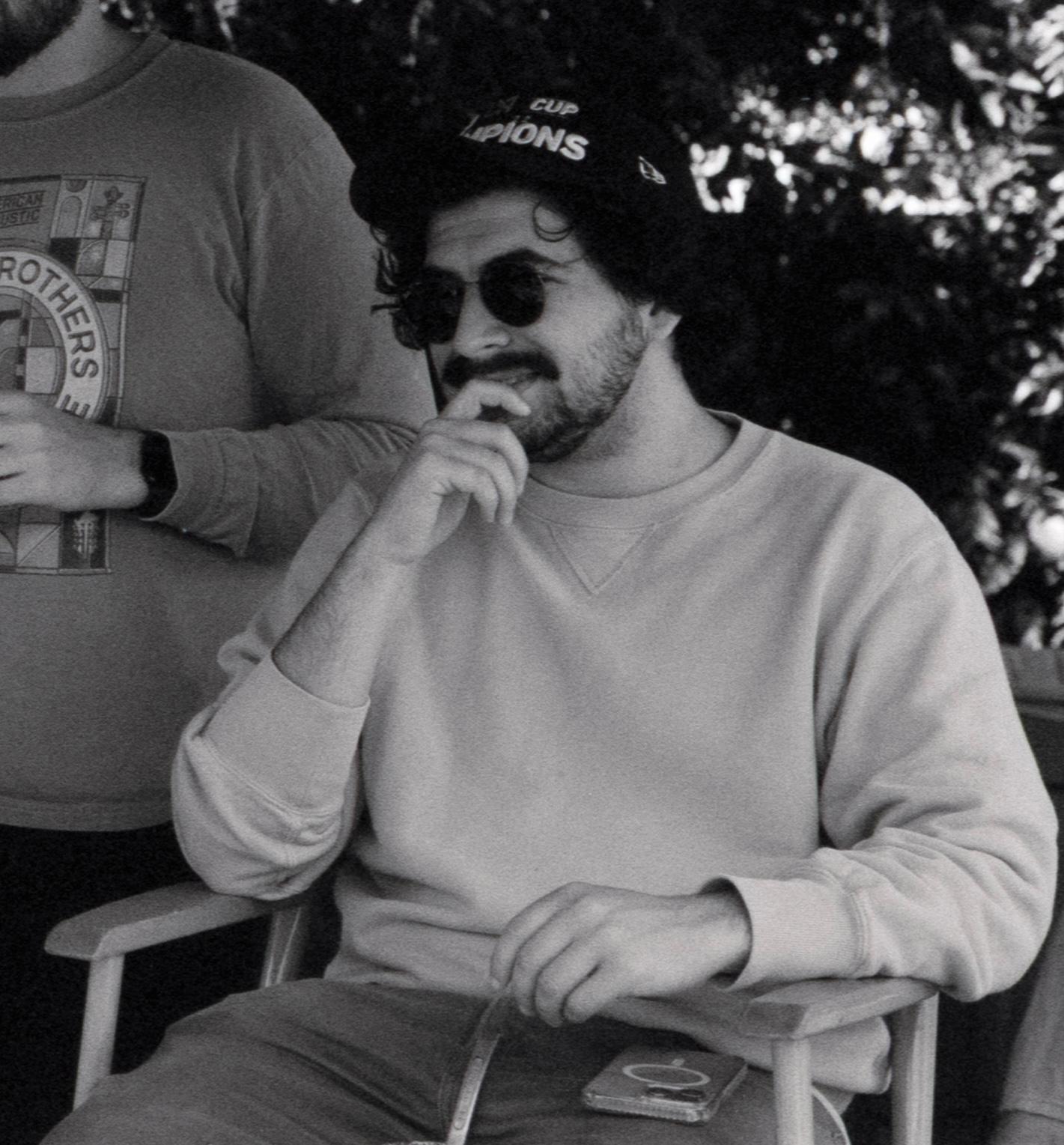We were lucky to catch up with Tobias Lerman Matonte recently and have shared our conversation below.
Tobias , appreciate you joining us today. Let’s start with the story of your mission. What should we know?
Let me preface this by saying that I’m an Argentine immigrant. I was born in Buenos Aires and raised between the U.S. and Argentina. Growing up in the States was a uniquely bizarre experience. I’ve met countless Spanish speakers throughout my life, but what’s always struck me more is how many of them feel the need to hide their cultural identity — even their language.
That’s why my mission has always been rooted in increasing Latin American representation across entertainment and the U.S. at large. We live in the country with the second-largest Spanish-speaking population in the world, yet Latin Americans remain consistently overlooked, stereotyped, or ignored entirely.
Take entertainment, for example. Latin Americans are one of the biggest media-consuming demographics in the U.S., but still among the most underrepresented. Latin American cinema is essential to the global film conversation — yet it continues to struggle for visibility here. We’re in an era where subtitles no longer scare audiences off, and there’s growing hunger for global content. So why is LATAM still trailing in cultural presence?
My journey as a producer has been shaped by this very question. I wouldn’t have the career I do today if I didn’t speak Spanish — or if I hadn’t connected with other Latin Americans who have powerful, beautiful stories to tell. I’m only able to work in this field because my parents made the impossible choice to leave behind everything they knew and loved for a better life. I owe everything to them. The least I can do is help others find the same opportunities I was lucky enough to receive.
That’s why I co-founded Bruto Media, a production company, with my producing partner Noah Espinola. We saw the urgent need for growth in the Latin American market and committed ourselves to the cause. We’ve been fortunate enough to produce projects across the globe — but our priority remains the same: to put Latin Americans both behind and in front of the camera.
We’re living in a time when the word immigrant is treated like a slur. Where Latin Americans are afraid to speak their language or embrace their culture openly. It breaks my heart to see our community treated as a scapegoat for others’ frustrations — and I worry that if we don’t act now, we’ll watch the richness of Latin American identity slowly fade from the American cultural fabric.
Media is one of the most powerful tools we have. Latin American voices deserve space, support, and platforms to tell the complex, vibrant, and deeply human stories of our community. I’m not saying all of LATAM is the same — far from it. But I do believe that by coming together, we can reshape the conversation.
I don’t know exactly what I can achieve on my own — especially in an industry changing as rapidly as ours — but I know this: I will continue doing everything I can to empower Latin American artists with the resources, visibility, and solidarity they need. Because this work isn’t just about representation. It’s about legacy.
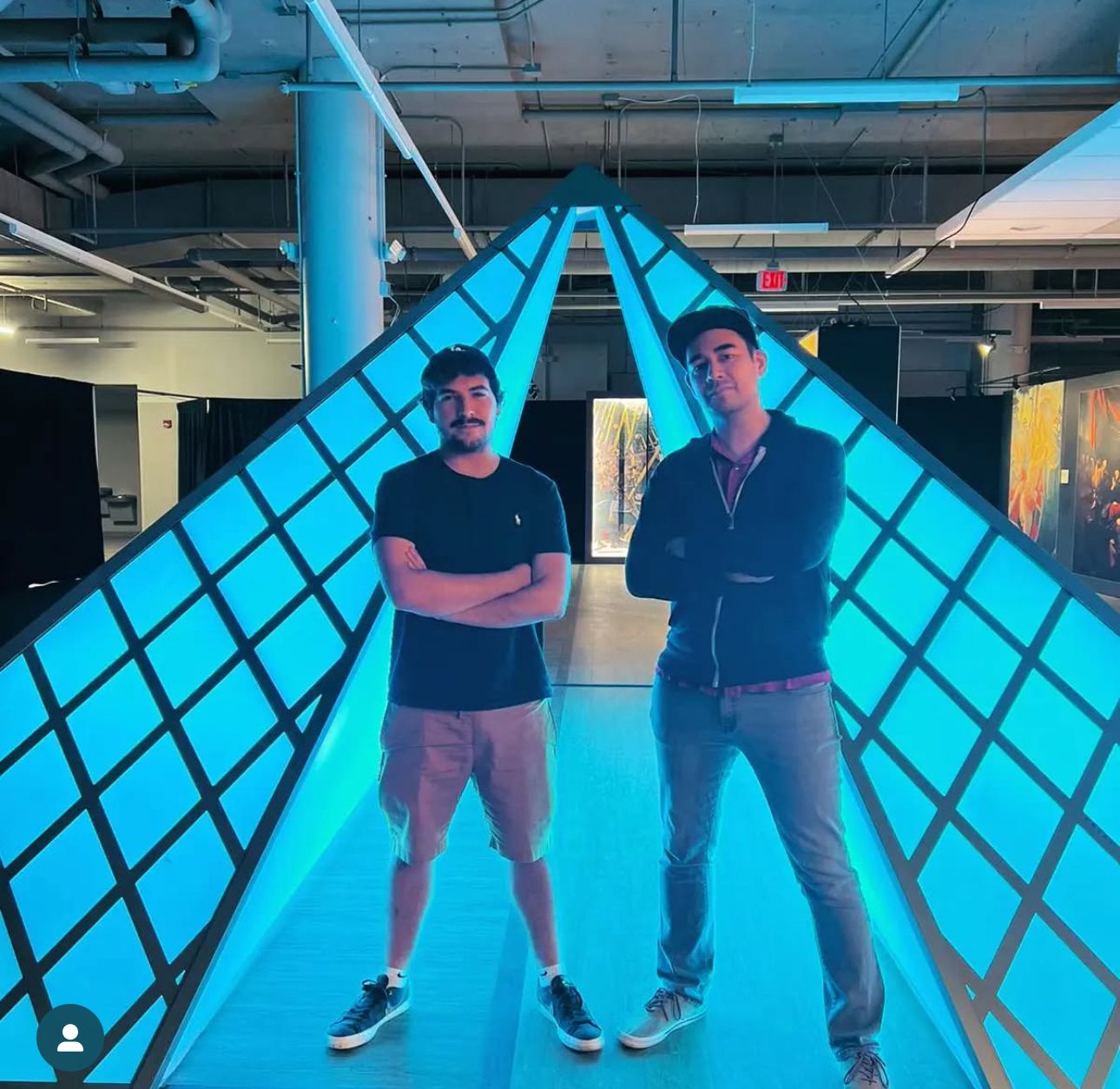
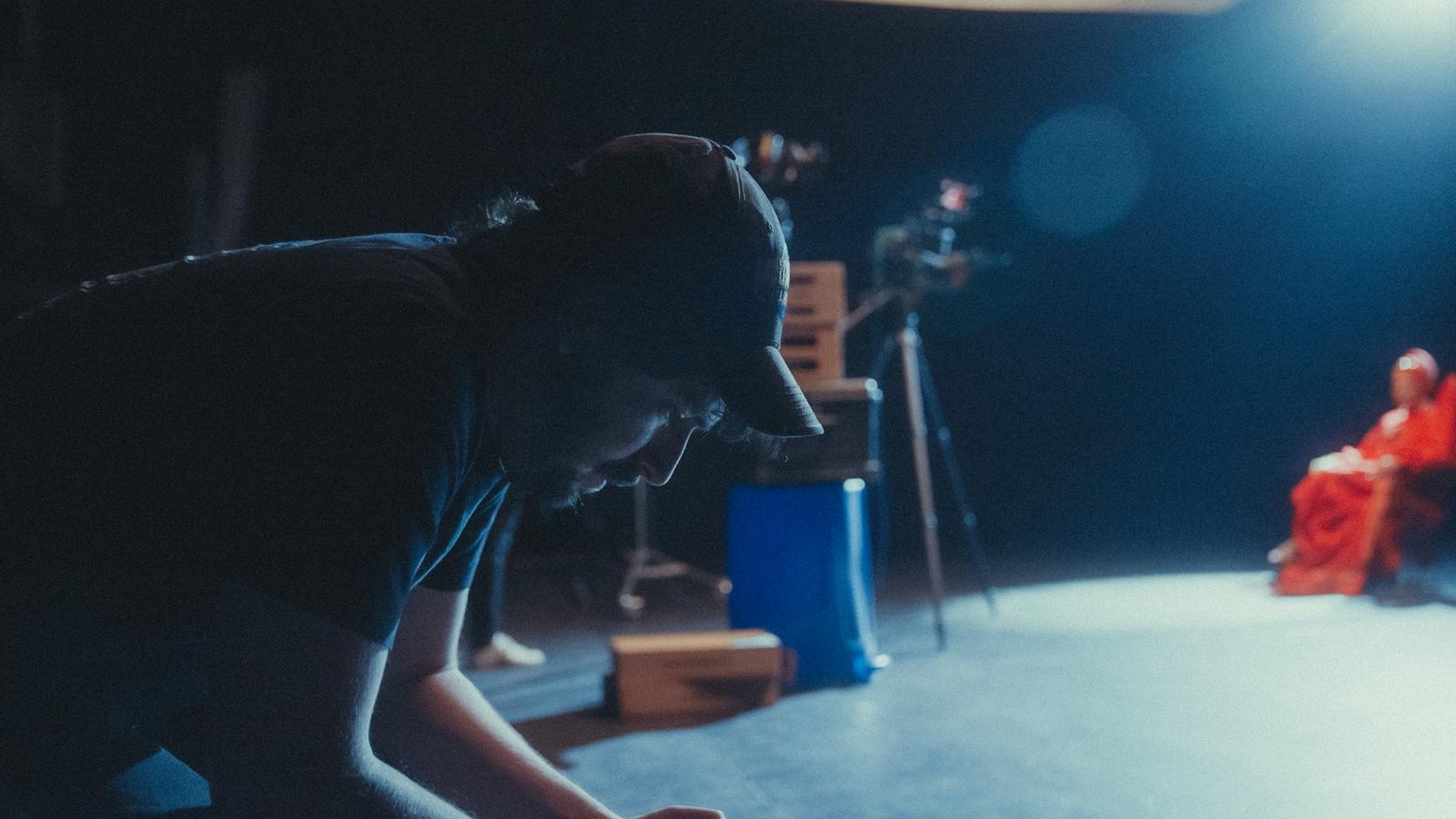
Great, appreciate you sharing that with us. Before we ask you to share more of your insights, can you take a moment to introduce yourself and how you got to where you are today to our readers.
Hi! My name is Tobias Lerman Matonte. I’m an Argentine-American Creative Producer with a deep love of storytelling—and an even deeper fear of mediocrity.
In all seriousness, I’m someone who’s always been driven to bring stories to life, no matter the medium. I’ve known for a long time that I wanted to work in entertainment—I just didn’t always know in what capacity. For most of my life, I thought a producer was just someone who financed things. I became a producer because I loved making things happen. It’s easy to talk about ideas, but rare to turn those ideas into reality. That drive to create, to will things into existence, is what led me here. And let me tell you—it’s been a wild, tough, and incredibly rewarding ride.
Even now, I don’t think there’s a single definition of what a Producer does. Sometimes it’s finance, sometimes creative. Sometimes it’s just being the glue between great collaborators. It really depends on the needs of the project. What’s always remained consistent is this: my job is to get it done. Big budget, small budget, no budget—it doesn’t matter. Producing is about turning an idea into something real, and that process requires adaptability, resilience, and a relentless work ethic.
I’ve been lucky. I’ve had the chance to produce immersive exhibitions around the world, develop projects for major IPs, and collaborate with some of the biggest names in Latin music. A lot of that came from pure determination—and from my ever-growing list of interests. I’m obsessed with immersive storytelling, I geek out over theme park design, and I’d live on a film set if I could. Once an idea lodges itself in my head, it lights a fire that won’t quit until it’s fully realized. That internal engine is what makes a Producer. It’s not for the faint of heart—and honestly, it’s not the most “balanced” lifestyle—but if you love it, there’s nothing like it.
What do I bring to the table? I bring your ideas to life. Production is a beast—there are always challenges, hurdles, and moving pieces. My job is to handle all of that, so you don’t have to. I work behind the scenes to give everyone what they need to thrive, while steering the project forward. I’m not in this for ego or the spotlight—I’m in it for results. I respect every person I work with, because my success depends on theirs.
I’m also a Producer who values people over projects. I know how toxic our industry can be when it comes to hours, pressure, and burnout. That’s not how I operate. I care deeply about mental and physical health, and I believe that making great art shouldn’t come at the expense of well-being. We’re not saving lives—we’re telling stories. Art is vital, but we need to take care of each other while we make it.
Outside of freelancing, I co-own a LATAM-focused production company called Bruto Media with my producing partner, Noah Espinola. We started Bruto because we saw a need: Latin American stories and artists deserve more space in the global conversation. From music videos and commercials to full-scale narrative work, Bruto Media is all about championing unique perspectives and challenging the norm.
I love meeting new people, discovering new stories, and diving into projects that push boundaries. If you need someone to bring your vision across the finish line—someone who’s all in from start to finish—I’m your guy. Let’s make something cool together.

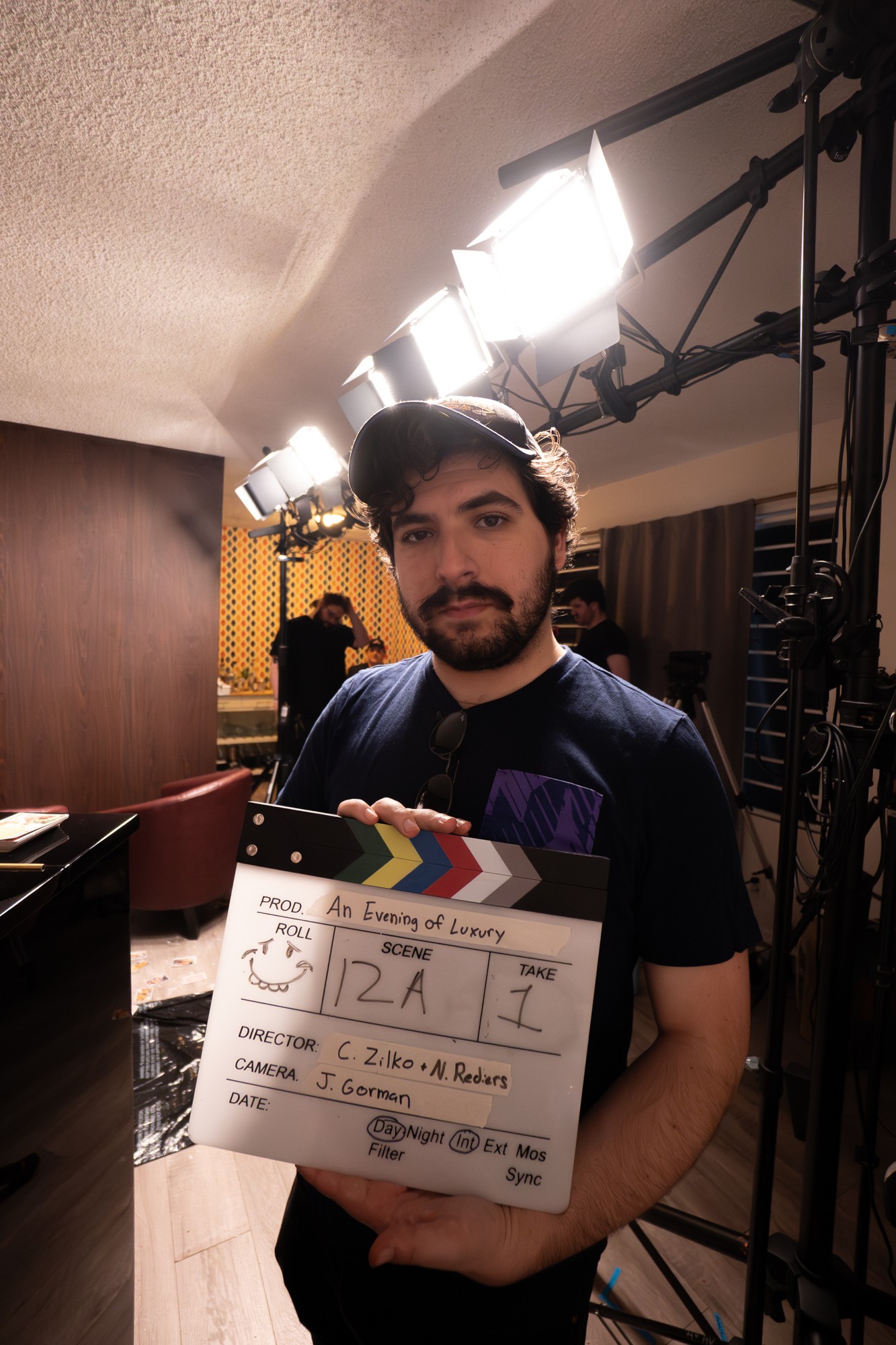
Learning and unlearning are both critical parts of growth – can you share a story of a time when you had to unlearn a lesson?
“Do whatever it takes to succeed.”
For the longest time, I believed success meant pushing myself to go where others wouldn’t. I thought taking my work seriously required taking myself too seriously. I assumed that being successful meant having a killer instinct—being sharp, decisive, and if necessary, ruthless. But all that really did was make me come across like an asshole. Nothing more.
I can’t tell you how many feelings I hurt early in my career. I’ve yelled at people, criticized their ideas in front of others, diminished their contributions, and ridiculed their professionalism. (Anyone who knew me in college probably remembers exactly what I’m talking about.) I operated under the belief that that’s just what a producer did—that leadership required dominance. That success came from intimidation, not collaboration.
But all that approach ever gave me was isolation. I wasn’t a leader. I was a dictator. A nightmare to work with. And in the end, it slowed down my career.
It wasn’t until I failed that I started to understand what real success looks like. The best work I’ve ever been a part of—the most creative, the most fulfilling—came not from control, but from compassion. My biggest opportunities didn’t come because I was the loudest or toughest in the room, but because I was kind. Because I put people first.
Entertainment is a small world. It runs on word of mouth. And sometimes, making a few mistakes while keeping your crew happy is better than running a perfect production where everyone feels miserable. I had to fall short, I had to have regrets, in order to shed that “do whatever it takes” mindset. I had to learn that success as a producer isn’t about you. It’s about your ability to help others succeed. Once I embraced that, I was able to build real relationships and work with some of the most amazing, inspiring, and talented people I’ve ever met.
The best creatives and producers I know lead with efficiency, sure—but also with empathy. It’s not about being the one who’s willing to do what others won’t. It’s about being the one who’s willing to build a community strong enough to do it together.


What do you find most rewarding about being a creative?
This question is particularly interesting because I really struggle to see myself as either. Sometimes I genuinely wonder if I only became a producer because I wasn’t talented enough to do anything else. I don’t know if that’s true—but the thought is definitely there.
That said, I work in a creative industry, and my projects are artistic. I think it’s a mix of both for me. I get to bring stories to life that mean something to people. My whole profession is built around making others feel something. And while it would be a lot easier to go through life focused only on financial gain, money doesn’t have the kind of lasting impact that art does.
Now, I’m not delusional—I know I’m not a rocket scientist or a surgeon. I’m not out here curing cancer or solving world hunger. But sometimes, I am making someone’s day. And there’s value in that.
I think back to how certain films, books, rides, or experiences made me feel. How a completely awful day could shift because of a single piece of art. How I could find something magical in a world that often feels anything but. That’s what I want to give people. I want to know that, in some small way, I gave someone a moment—a distraction, a new perspective, an emotion they wouldn’t have experienced otherwise—because I spent months bringing a project to life.
Of course, there are times when I feel like none of it matters. That it’s all just content, feeding a machine. But then I’ll see someone walk through one of our exhibitions for the first time, or see their work up on a big screen and light up, and suddenly it does feel worth it. It’s fleeting, but that feeling is addicting. Maybe that’s what makes an artist an artist—that need to create, that ever-elusive spark of fulfillment.
Honestly, I don’t have another option. I can’t work a job just for the paycheck. I can’t shut my brain off at five. I have to create. And even as my portfolio grows and I achieve small milestones, I’m never satisfied. In a weird way, that’s become the most rewarding part—knowing that my work will never be boring, never be still, because I’ll never feel done.
Success, to me, has become an abstract concept I may never fully reach. But the drive to keep creating, and the ability to make people feel something along the way—that’s the real reward.
Contact Info:
- Website: https://tobiaslermanmatonte.myportfolio.com/work
- Instagram: https://www.instagram.com/tobiaslerman/?hl=en
- Linkedin: https://www.linkedin.com/in/tobiaslermanmatonte/
- Other: https://www.brutomedia.com/
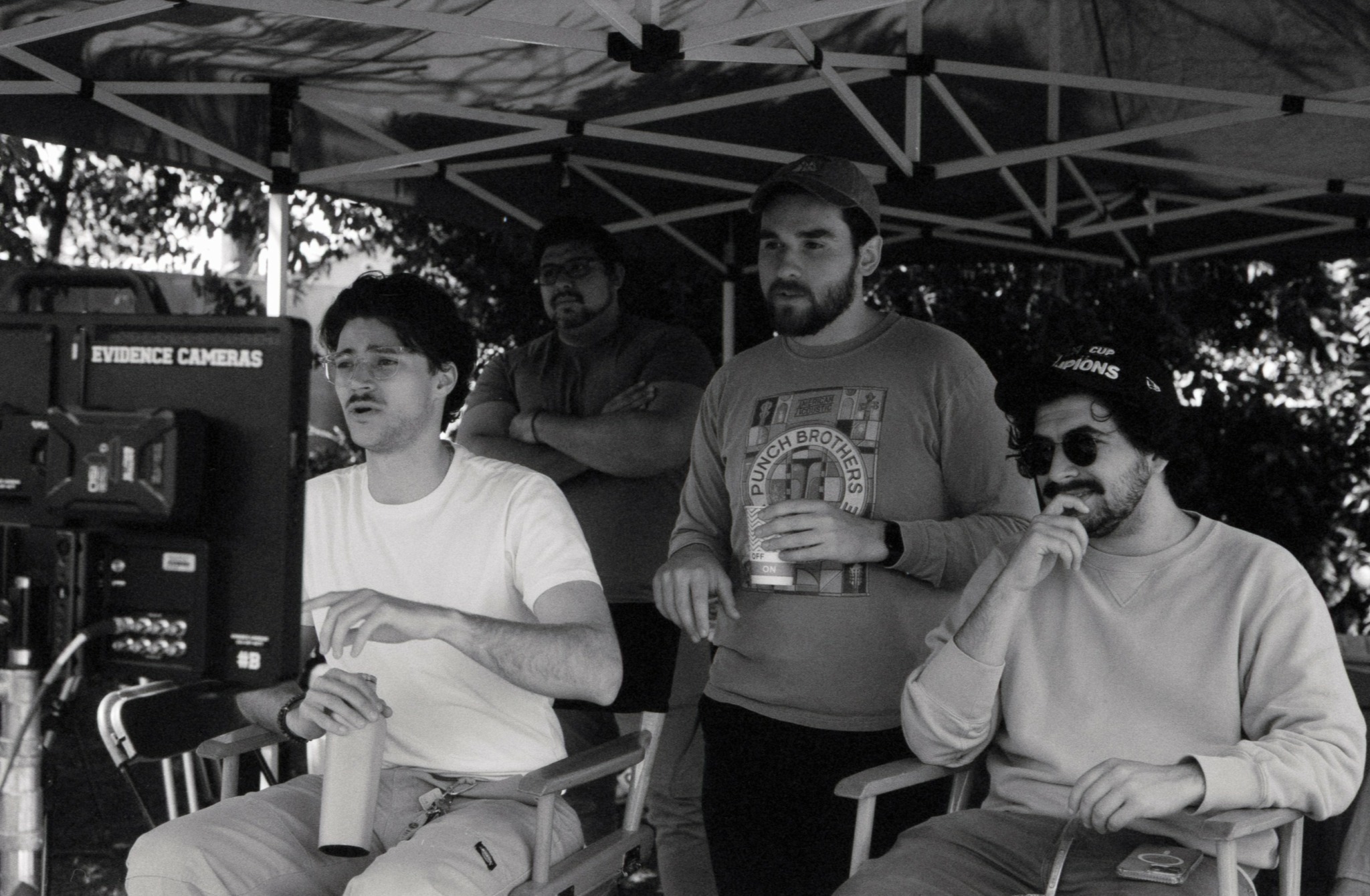

Image Credits
Elyssa Ruiz, Liz Jamora


